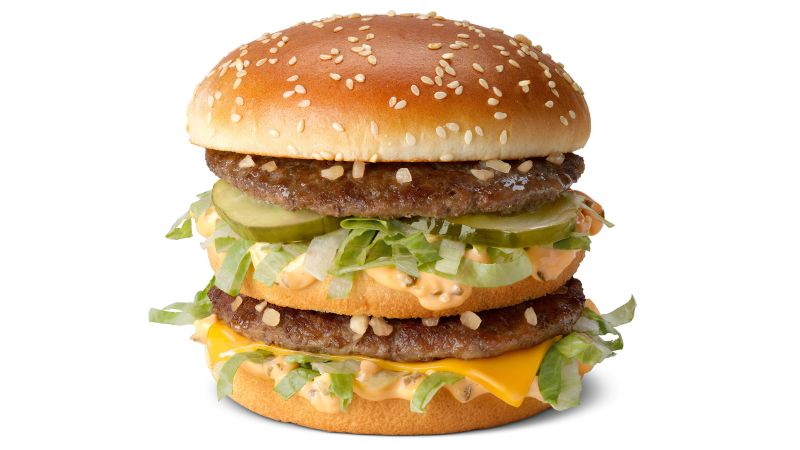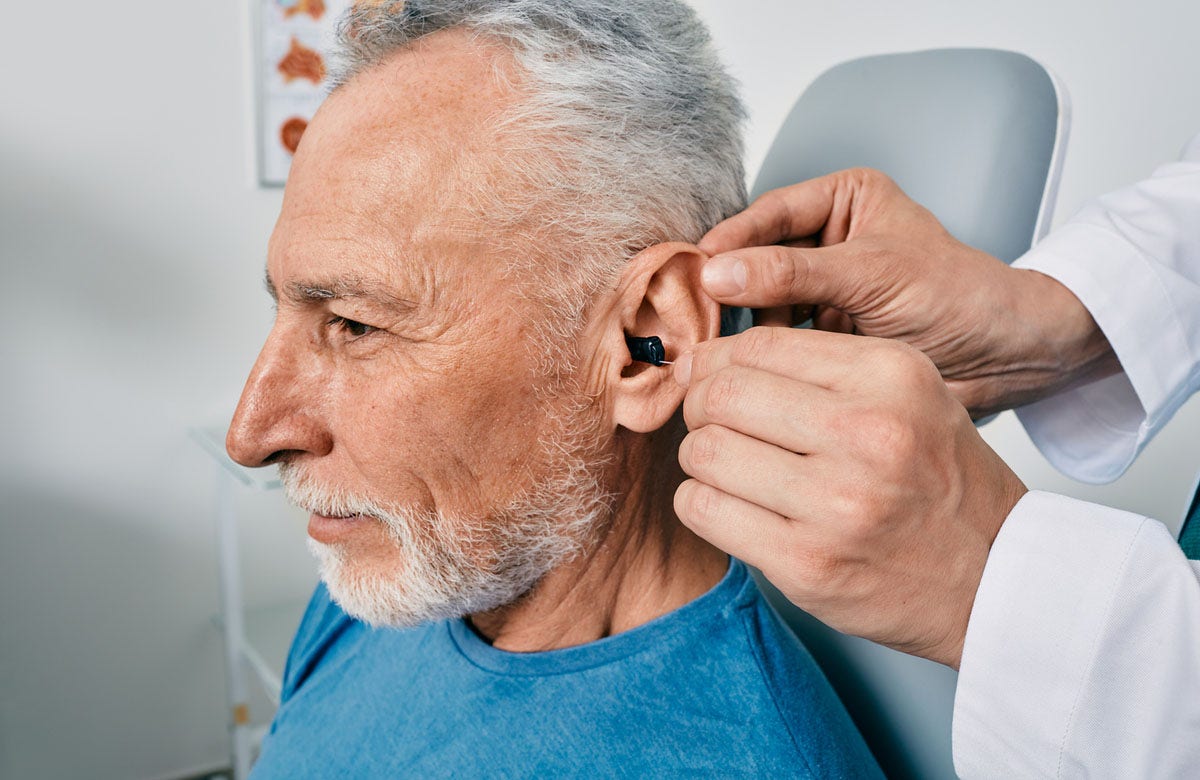Research suggests that consuming cold-water fish as well as other omega-3 fatty acid sources in middle age could help in preserving the health of the brain and enhancing cognition.
According to the study, having just a little red blood cell omega-3s was linked to improved cognitive function and brain structure in healthy individuals in their 40s and 50s.
This association has been previously investigated in older populations. The current study shows that having a diet at a younger age that consists of some omega-3 fatty acids already protects the brain for many of the brain aging indicators seen in middle age.
The average age of the 2,183 dementia- and stroke-free participants was 46 years. The concentrations of red blood cell omega-3 fatty acids were examined with MRI and brain aging cognitive markers.
The researchers also looked at how red blood cell concentrations of omega-3s affected participants who had the APOE4 genetic variation associated with higher Alzheimer’s risk.
The study results revealed that:
- A higher omega-3 index was linked to a larger hippocampus, the brain structure that plays a significant part in memory and learning.
- Higher consumption of omega-3s was linked to improved abstract reasoning or the capability of understanding complex concepts making use of logical thinking.
- Individuals who had the APOE4 genetic variation with higher consumption of omega-3s had a reduced risk of small-vessel disease. This genetic variation is linked to vascular dementia and cardiovascular disease.
Researchers made use of a method known as gas chromatography for measuring EPA and DHA red blood cell concentrations. The omega-3 index was determined by EPA plus DHA. Omega-3 fatty acids which include DHA and EPA are important micronutrients that help protect and enhance the brain.
The participants were divided into a group that had a very small concentration of omega-3 red blood cells and a group that had a little and more. The worst results were seen in the individuals who had the least omega-3 consumption.
Although the brain benefits from more omega-3, very little needs to be consumed to see benefits.
It’s not known how EPA and DHA protect the brain, although one explanation is that because these fatty acids are required in the neuron membrane, neurons become unstable when they are replaced with other kinds of fatty acids.
Another theory could have something to do with the anti-inflammatory properties of EPA and DHA.
Image by Pexels from Pixabay
Want to use our images on your site? Right click on image for embed code




















Discussion about this post